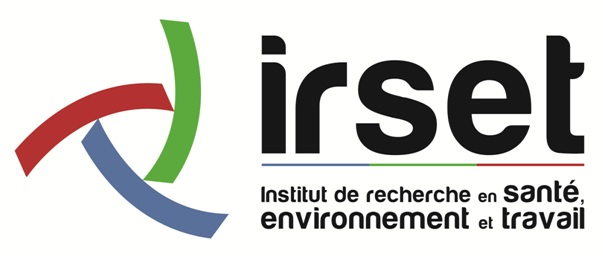Organisational changes and depression: The mediating role of psychosocial work exposures in the SUMER study
Résumé
Background: Studies are lacking on the associations between organisational changes and mental disorders and the underlying mechanisms. The objectives were to explore the associations between organisational changes and depression, measured using a validated instrument, and the mediating role of psychosocial work exposures.Methods: The study relied on the national representative sample of 25,977 employees of the French SUMER survey. The PHQ-9 instrument was used to measure depression. Weighted robust Poisson regression analyses were performed to explore the associations between organisational changes, psychosocial work exposures, and depression. The method by Karlson, Holm and Breen (KHB) was used to estimate the mediating role (contributions) of psychosocial work exposures in the associations between organisational changes and depression.Results: The exposure to any organisational change increased the risk of depression (Prevalence Ratio = 1.85, 95 % CI: 1.61-2.13). All types of organisational changes were found to be risk factors for depression. The risk of depression increased with the number of organisational changes. Psychosocial work exposures contributed to mediating the associations between organisational changes and depression. The exposures with the highest contributions were found to be high psychological demands, low esteem, low job promotion, low job security, workplace bullying, and ethical conflict. Taking all the exposures into account mediated the associations by 47-100 %.Limitations: The study limitations included the cross-sectional design and a potential healthy worker effect.Conclusions: More prevention oriented towards work organisation and the psychosocial work environment may help to reduce depression among working populations.
Domaines
Santé publique et épidémiologie
Fichier principal
 1-s2.0-S016503272401646X-main.pdf (671.34 Ko)
Télécharger le fichier
1-s2.0-S016503272401646X-mmc1.pdf (539.45 Ko)
Télécharger le fichier
1-s2.0-S016503272401646X-main.pdf (671.34 Ko)
Télécharger le fichier
1-s2.0-S016503272401646X-mmc1.pdf (539.45 Ko)
Télécharger le fichier
| Origine | Publication financée par une institution |
|---|




